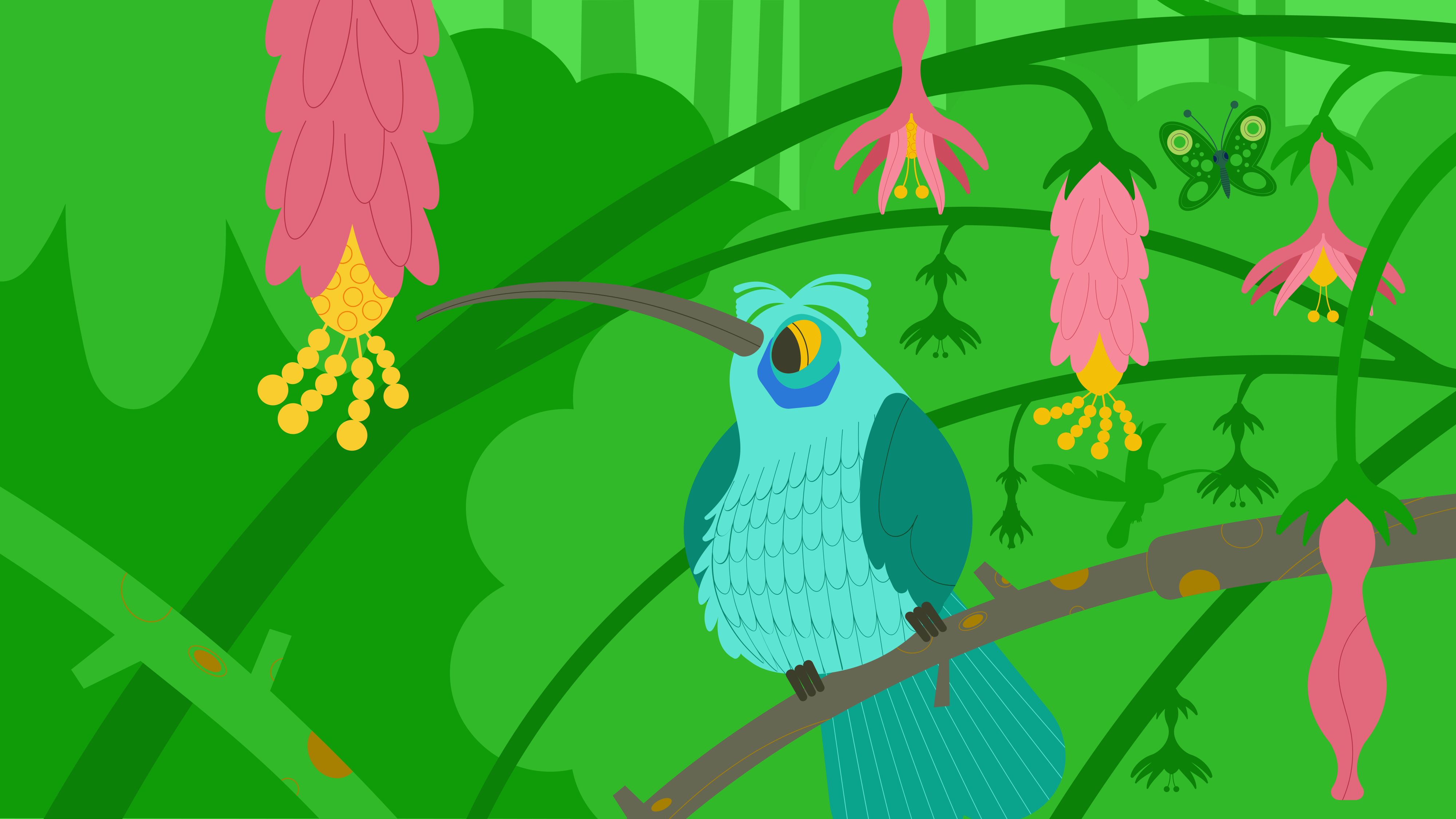How to Find Art Grants: Research Tips and Strategies
Whether you’re an individual artist or budding young arts collective, googling “artist grants” will only get you so far, friend. Most of us are aware that grants and other funding opportunities exist, but don’t know where to find them or how to cultivate a sustainable research routine. It takes quite a bit of open-minded foraging, disciplined hunting, and genuine community building to keep your application plate full of real, feasible opportunities, rather than expensive busy work. Like a grizzly bear posting up at a bend in the river in anticipation of salmon season, or filter-feeding barnacles that grab tasty stuff as it floats by, there are plenty of different tools and strategies to choose from when you’re developing your own, personal approach to discovering new funding opportunities.
Visual learner? Watch our Grant 101 video series for a gentle introduction to the arts funding world. The ASL version of the series can be found here.
why is it so hard to find your fit?
Some of the coolest opportunities from smaller funders or orgs are neglected by search engine and social media algorithms, which prioritize funders who are already getting a lot of web traffic and engagement. This creates a funding landscape where the most well-known funders get a huge number of applications (and application fee revenue 👀) for a limited number of grant awards. This leaves the vast majority of artists without funding for their projects AND smaller, scrappier organizations scrambling to get the word out about their (totally rad) opportunities.
different strokes for different folks
Ideally, your grant foraging approach is tailored to your personal strengths, personality, and life circumstances. Taking inspiration from nature, here are some wildly different strategies for finding fresh grant opportunities:
|
|
Bonobos, the primates with the most extensive vocal repertoire (excluding humans, of course), would probably recommend starting or joining a group chat to crowdsource local and regional arts opportunities. Naturally, building a small community of collaborative lookouts takes communication and intentionality — make sure to share what you specialize in and what kind of opportunities you’re hoping to find. If you lead by example, folks are bound to jump in and share their own cool projects and wildest career aspirations. This industry can’t divide and conquer us if we have a group chat! |
|
|
If you're a more slow-moving, thorough type, you may enjoy the humpback whale approach, which involves starting with a big database of potential opportunities (gulp) and then filtering through them to find your best fits. Sites like Grants.gov, Candid, and GrantWatch compile grant opportunities from various sources, and often offer to send you alerts for custom criteria based on region, medium, and more. Be sure to check your local library or arts council to make sure you’re not paying for a subscription that’s publicly available! |
|
|
Barnacles may not look like they’re doing much, but there’s wisdom to their approach of letting other creatures do the hard work and casually grabbing tasty opportunities as they float by. The ocean of arts funding may be daunting, but it’s also teeming with a huge variety of helpful resources and newsletters. Lots of service organizations (including yours truly 😘) curate and share regular lists of arts opportunities via email or social. Following or subscribing makes it easy to build research into your daily routine! Similarly, following hashtags that are relevant to your practice on social media allows you to expand your web with very little effort. Who knows what you’ll catch this year? |
|
|
Armadillos take a more underground approach in their search for grubs and worms, often finding the juiciest finds the deeper they go. Digging into the grant, residency, and award history of fellow artists may feel a little sketchy, but it’s a great way to uncover funders who are interested in funding your type of work. It can be as simple as making a short, punchy list of artists you really admire and combing through their CVs to figure out what they were applying for when they were at your stage. Other people’s creative journeys can be an invaluable source of inspiration and motivation for your own winding path. |
for(a)ging your own path
Opportunistic feeders, a category that includes rats, bears, and raccoons, can thrive under a wide number of environmental conditions and food sources. While it might not be wise to tell a potential funder that you’re in your “raccoon rifling through trash arts funding” era, it’s good to remember that grants are far from the only avenue to funding your creative practice. Crowdfunding campaigns, merch, art or ticket sales, monthly memberships for fans, or monetizing your skills as freelance creative services all offer unique benefits and drawbacks. Many of us do a combination of all of the above (with some teaching on the side, of course), since one single funding source rarely meets all your creative needs. Grant funding is a little unique, though, in that there’s more writing, reporting, and long-term planning involved. But grants don’t require there to be a traditional “market” for your work, which is essential for artists whose work is ephemeral, experiential, or protest-based.
Us artists have a lot to learn from other creatures when it comes to searching for, finding, and securing the bag. Developing your own, personal foraging style will likely take time. And it’s bound to shift and adapt over time, just like your (imperfect, winding, seasonal) creative journey. As always, we’re here to help and cheer you on, every step of the way 🐾
About Fractured Atlas
Fiscal sponsor, fundraising platform, educational resource, advice from a staff of experienced artists & creatives. We’re rooting for you!






